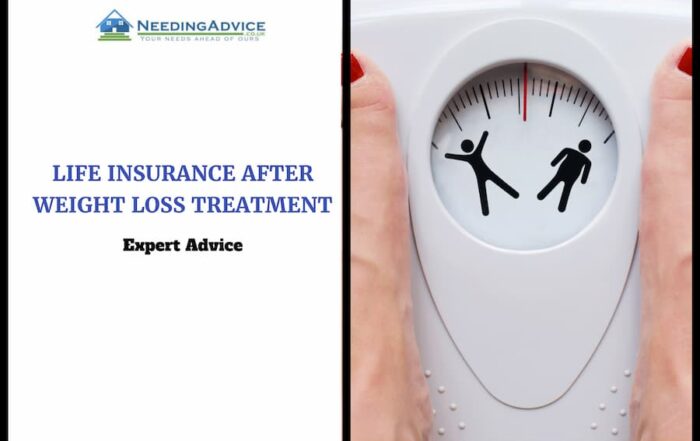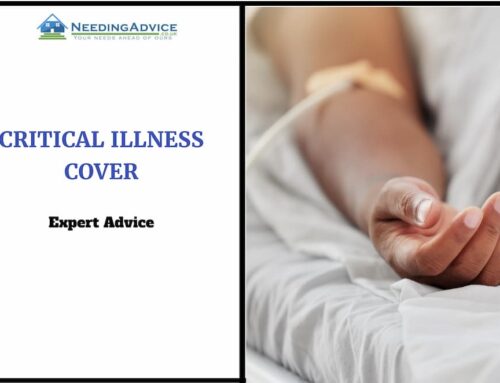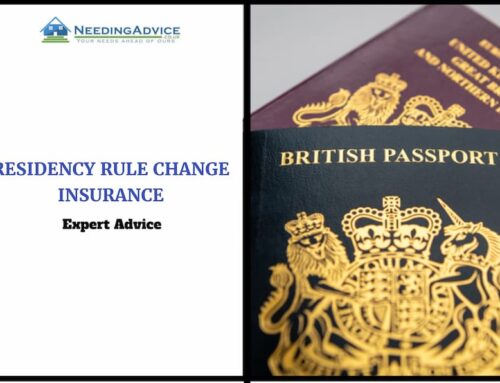Life Insurance
Insurers see smokers as a high risk of claims being made. This comes from a long history of scientific evidence to suggest that most people who smoke are at a higher risk of developing cancer and having a shorter life expectancy.
Things insurers need to know:
- What do you smoke? i.e. cigarettes, cigars, vapes
- How much do you smoke per day?
- Do you use any form of nicotine replacement products? i.e. nicotine patches/gum
- Exercise and lifestyle
- How many years have you smoked?
- Has your health already been affected by smoking?
Typically, insurers do not have major concerns about accepting applications from smokers, they just adjust the life insurance premium accordingly. This premium is typically twice as much as the standard rate available to non-smokers. We understand that it might not sound appealing and could discourage you from considering insurance. However, it’s crucial to be honest and practical about what options are available to you.
Insurance companies will scrutinise your application more if you have a medical condition that increases the risks for smokers. Individuals with a history of heart conditions, chronic obstructive pulmonary disease (COPD), or cancer, as well as other health factors, may need to consider various factors in their decision-making process.
Some people believe that smoking e-cigarettes is less risky than smoking traditional cigarettes. Many insurers are awaiting more long-term research data on vaping to determine whether vapers are indeed at less risk than smokers, given the current uncertainty. There are reports of e-cigarette users developing a condition called popcorn lung. This is being closely monitored to understand the potential long-term health effects. Using e-cigs may lead insurance companies to categorize and evaluate your life insurance application as if you were a smoker.
It’s important to mention that abstaining from nicotine or e-cigs for 12 months may classify you as a non-smoker by several insurers. Certain insurance companies may continue to assess your smoking history for up to 5 years after quitting and may raise your life insurance premiums indefinitely. This is where our advisers excel in determining which insurers are most suitable for you.
If you initially obtained your policy as a smoker but have been nicotine-free for a year, it may be beneficial to reassess your policy by potentially undergoing a cotinine test to demonstrate to the insurer that you are now a non-smoker, which could lead to a reduction in your premiums.
Critical Illness
Critical illness cover will be subject to the same treatment as life insurance, resulting in a doubling of your premium. Life insurance tends to be affordable if you’re healthy and have a low-risk job, so a doubling of the premium may not be a significant increase. Critical illness cover will vary, regardless of whether you have no declarations on your application, due to its natural costliness.
Claims on critical illness policies are more frequent compared to life insurance policies, hence the higher cost. Individuals who have critical illness cover and smoke will observe both an increased price due to their health condition and an added charge as smokers. The top three conditions covered by critical illness insurance are cancer, heart attacks, and strokes. Individual smoking habits increase the chances of developing these conditions compared to non-smokers, resulting in a premium increase for this type of insurance.
Based on your health status, additional questions may be required by the insurer regarding any other conditions you may have. There are various health condition pages on the site that can help understand how an insurer might evaluate your medical history. Certain conditions, combined with smoking, may lead many insurers to deem you too high of a risk for critical illness cover. If that’s the situation, there are numerous insurers available to help, including specialist ones that can cater to your requirements.
Income Protection
Some insurance companies may double your premiums if you are a smoker and looking for income protection. Insurers make decisions based on statistics showing that smokers are at higher risk of developing serious medical conditions that may result to temporary inability to work, such as cancer, heart attack, and stroke.
Assuming you are in good health and have a low-risk job, the remaining part of your application should proceed without any issues. The insurer may inquire about additional details like frequent international travel or engaging in activities that heighten the potential for physical harm.
Income protection may be outside of your budget. One option is Accident, Sickness, and Unemployment cover, which can be considered as an alternative form of income replacement. Income protection policies are distinguishable due to their potential to replace a portion of your monthly income until retirement age, contingent on the policy type selected.
The claim payout period for Accident, Sickness, and Unemployment is limited to a maximum of 12-24 months. This policy provides coverage for situations where you can’t work because of long-term injury, disability, or involuntary redundancy. An important distinction is that the majority of Accident, Sickness, and Unemployment insurance providers do not inquire about your smoking status, so being a smoker will not impact the premium you are charged. It may seem like a good option in terms of cost, but it’s worth considering that income protection is usually a more reliable contract to choose.
Life Insurance After Weight Loss Treatment – Complete UK Guide
Many people in the UK are now using weight loss drugs such as Mounjaro or Ozempic (a type of GLP-1 agonist drug) to treat obesity and related conditions like Type 2 diabetes or insulin resistance. These modern weight loss medications, often [...]
Life Insurance for Water Sports
Life Insurance Engaging in water sports offers a great opportunity to enjoy nature and also experience an adrenaline rush. It is important to understand the implications for your insurance, whether you are white water [...]
Life Insurance for Triathlons
Life Insurance Life insurers view regular exercise as a positive lifestyle choice, indicating your commitment to caring for your health. Participating in triathlons generally doesn't affect your life insurance, although there are some cases [...]
Life Insurance for Tennis
Life Insurance Life insurance companies view regular exercise positively. It demonstrates dedication to maintaining good health and contributes to staying fit and healthy throughout life. Engaging in tennis as a hobby typically doesn't impact [...]
Life Insurance for Snowboarding
Life Insurance Snowboarding requires a good amount of skill and is an enjoyable sport. Snowboarding during a vacation is not expected to impact your life insurance application. Certain activities may be perceived as riskier [...]
Life Insurance for Scuba Diving
Life Insurance Participating in a single scuba diving session during a vacation is not likely to impact your life insurance application. Insurers prefer to have specific details about your dives if you are scuba [...]












